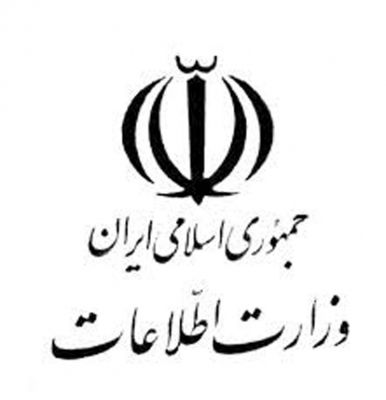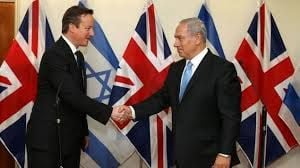
When Iranian authorities arrested, quickly convicted, and imprisoned Hamid Babaei in July 2013 for spying, no one in the airport openly watched although perhaps a few eyes glanced a look or two. No one there knew Babaei because he had been an Iranian academic, a doctoral student of law and finance who lived with his spouse, Cobra Parsajoo, in a flat near the University of Liege in Belgium. He and his wife had been in Iran during a semester break to visit family and they were returning to school through the Khomeni Airport in Tehran when he was singled out of the line of passengers, and that was the last most of his family and friends heard of him. http://www.amnestyusa.org/search/node/babaei

Was he really a spy? Not in the least, according to his spouse, but that’s where the story becomes more interesting. While in Belgium, Babaei had been approached by insistent representatives of the Iranian government who demanded, unsuccessfully it turns out, that Babaei report to them about any protest activities of other Iranian students that might be interpreted as against Iran. Cobra Parsajoo, at great risk to her own freedom, has launched a social net campaign to tell the whole story about how her husband had been falsely accused of spying by the same government that asked him to spy and that convicted him of spying precisely because he declined to spy.
To analysts at HFS, the story, while sad and distressing, seems part of a larger pattern. What similar stories might be less well told in the US, Russia, China, North Korea, South Korea, or anywhere else where governments aggressively press for information about their own citizens as well as their enemies? Obviously, no one has an answer to that question.
Is there any hope of getting more answers? Strangely, the answer might be ‘yes’ because of a news source just evolving called Vocativ. Like the secret weapon of law enforcers for the past ten years, Open Mind, a social net scraper that searches through millions of public posts across Facebook, Twitter, Yahoo, Google, Stumble, Tumbler, Reddit and…you get the picture, every other social net one might find, the Vocativ model uses a similar algorithm to scrape the same sources, but for the purpose of posting them for journalists worldwide who wish to follow up with research and writing. And Vocativ offers only one of several options for this service to journalists. Data mining companies have sprung up in every other place where the Internet functions.
So perhaps stories such as Hamid Babaei’s will reach many more. Will that change the tactics of aggressive governments that care little about small bits of collateral damage? No, not at all, but it might arm the rest of us a little more, and then who knows what would happen at the polls or on the streets?
What do you think?

